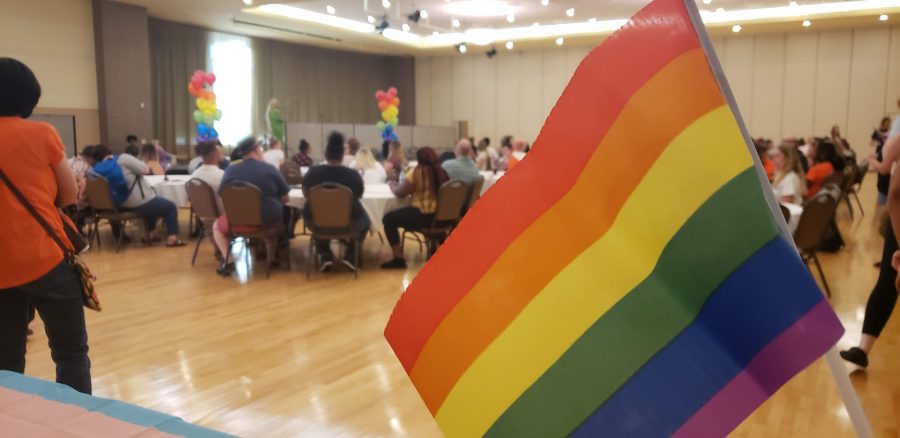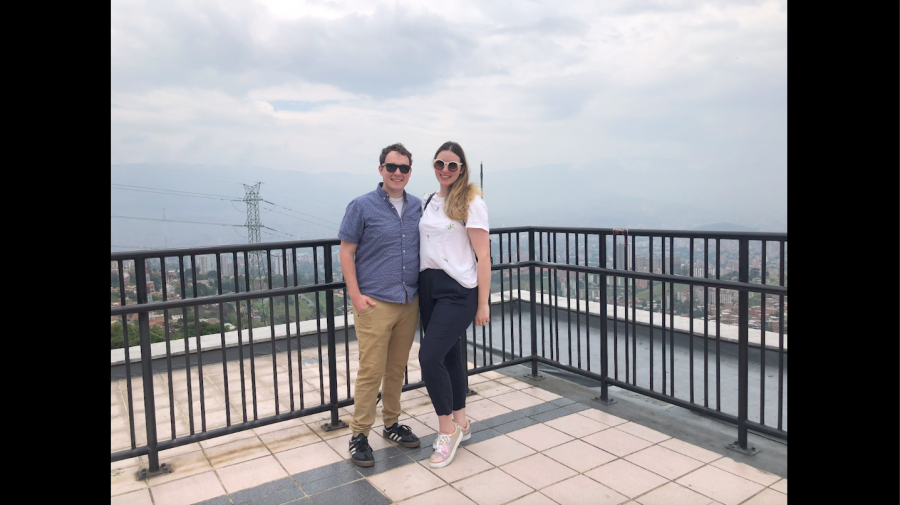Somalia is a region plagued by poverty, civil war and pirates.
After a rebellion against former president Siad Barre’s repressive regime, the civil war in Somalia started in 1991. Once Barre was ousted from power in that year, competing political interests started fighting, leading to today’s fully fledged civil war.
The war is an ongoing process, and Somalian pirates continue to hijack ships in the Gulf of Aden.
According to the British Broadcasting Corporation, pirates hijack ships, take their cargo and then hold their crews as hostages for ransom. The rewards they receive are rich in a country where there are no jobs and almost half the population needs food aid after 17 years of non-stop conflict.
The BBC report states the pirates have received $150 million in the past year in ransom payments. They will use some of this money to fund future operations with more powerful weapons, bigger, faster boats and more sophisticated equipment.
Ksalis San, of the Somali Community Association of Ohio, said he doesn’t know much about the pirates, but it’s obvious the situation will take some time resolve.
‘The pirates are hijacking ships off the coast of East Africa,’ San said. ‘It is not going to be easy to take care of all of this until Somalia creates a form of government. The situation may be better in a year, but unfortunately, it’ll most likely take longer than that.’
Associate professor of geography Kefa M. Otiso is from Kenya, which borders Somalia. He said Kenya has played a critical role in the international effort to stabilize Somalia.
‘The fragile peace treaty that led to the installation of the current Somali government was negotiated in Nairobi, Kenya, with significant financial and diplomatic support from the Kenya government,’ he stated in an e-mail. ‘Unfortunately, not all Somali factions were at the peace negotiations, hence the continued fighting.’
Otiso said it is important to note that one of the lesser-known causes of the hijackings is the long civil war and the lack of an effective government in Somalia. The lack of leadership made it difficult for the country to protect its fisheries from illegal exploitation by European and Asian fishing fleets. As a consequence, the country’s fisheries have been overexploited, causing problems for local people trying to earn their traditional livelihood from fishing.
‘Initially, the news-grabbing hijackings were an unsuccessful attempt by local people to protect their fisheries from international fishing fleets,’ Otiso said. ‘But with the near depletion of local fisheries, locals were forced to seek alternative means of survival [such as] hijacking the foreign fishing vessels. The activity has since grown to include all manner of vessels.’
Otiso said the seemingly distant crisis in Somalia has already had drastic consequences in the U.S. The 1998 bombing of the U.S. Embassy in Nairobi was master-minded in Somalia, which explains why the U.S. continues to have active military action in the country against groups such as the al-Qaida-affiliated Al- Shabaab Islamist militia.
The Gulf of Aden is a major oil supply channel for the U.S., and instability in Somalia could potentially hinder the smooth flow of oil to the U.S. and directly impact wallets in Northwest Ohio, Otiso said.
But even though the civil war in Somalia does effect the U.S., many students are unaware of the situation.
Freshman Mandy Kinches said she heard about the hijackings when U.S. Captain Richard Phillips was taken hostage, but since then hasn’t heard much.
‘I figured they had stopped because I haven’t seen anything on the news in a while,’ she said.
Piracy Facts Piracy is estimated to have cost the world an estimated $60 – 70 million in 2008. There were more than 100 attacks in 2008, and 40 successful hijackings About 200 crew members were held hostage in 2008











